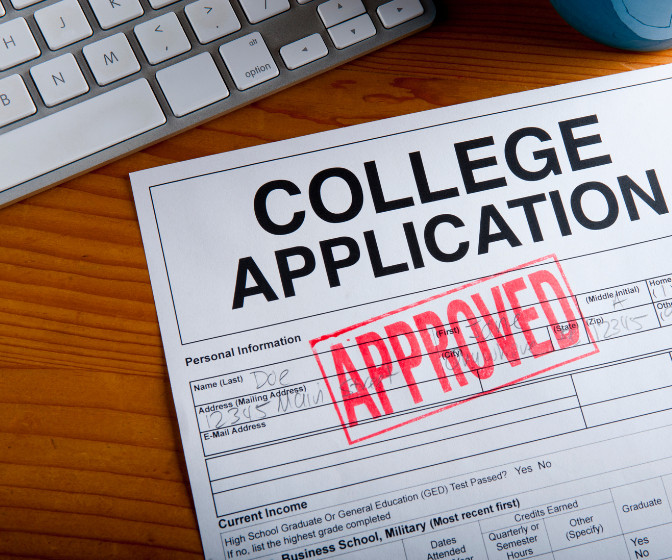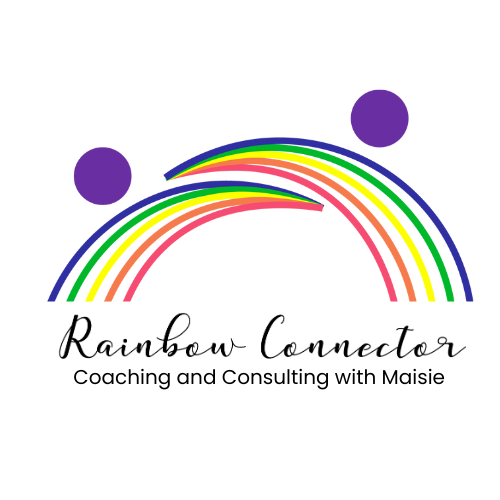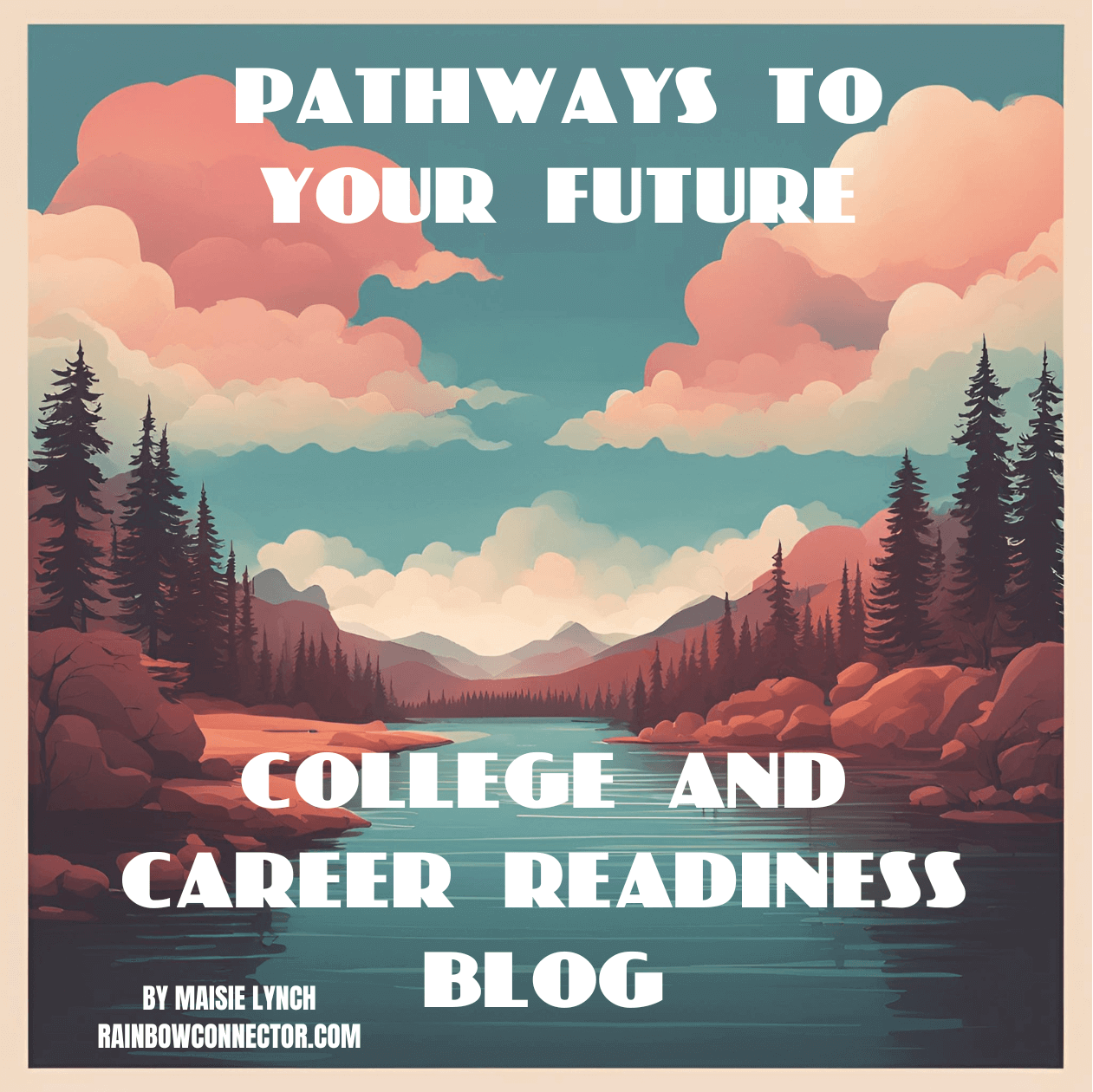
Summer is just around the corner and it's a great time for rising high school seniors to get a jump start on those college applications. For neurodivergent (ND) students, this process can be particularly overwhelming so starting early is going to really help minimize the stress. With the right strategies and support, you can navigate this journey successfully and find a college that fits your unique needs. In this post, we'll explore essential tips and resources to help you prepare for college applications, including college and career counseling and coaching for high school students, exploring unique colleges, understanding college and career coaching and independent educational consultant fees, and considering college alternatives for ADHD and other ND students.
1. Start Early and Stay Organized
One of the best ways to manage the college application process is to start early and stay organized. Create a timeline that outlines key deadlines for applications, standardized tests, and financial aid. Use planners, calendars, or digital tools to keep track of important dates and tasks.
For neurodivergent students, breaking down the process into smaller, manageable steps can be particularly helpful. Instead of seeing the college application as one massive task, divide it into specific actions such as researching colleges, requesting letters of recommendation, and writing personal statements.
2. Seek College and Career Counseling for High School Students
College and career coaching (or counseling) can be incredibly beneficial for high school students, especially those who are neurodivergent. You will see lots of different names for these professionals: college and career coach or counselor, or independent educational consultant, for example. Just make sure they are credentialed or have a great deal of experience before you decide to work with them. The general idea is the same, they can help you identify your strengths, interests, and college and career goals. They can also assist in exploring various educational pathways, whether it's a traditional four-year college, a vocational program, or another alternative.
While coaching / counseling, and independent educational consultant fees can vary, these professionals offer personalized support and have extensive knowledge of the college admissions process. They can help you build a strong application and find colleges that match your needs.
3. Explore Unique Colleges
When choosing a college, it's essential to find an environment where you can thrive both academically and socially. Some colleges are known for their support services and inclusive environments for neurodivergent students. Research unique colleges that offer specialized programs, such as Landmark College or Beacon College, which are designed specifically for students with learning disabilities, ADHD, and autism.
Other colleges may have strong disability services offices, peer mentoring programs, and accessible campus resources. Don't be afraid to reach out to the disability services offices at various schools to learn more about what they offer and how they can support your success. A college and career coach can help you with that as well if you aren't sure how to approach it.
4. Understand the Common Application Early Decision Agreement
The Common Application is a popular tool used by many students to apply to multiple colleges simultaneously. One feature of the Common Application is the Early Decision agreement, which is a binding commitment to attend a particular college if accepted.
For neurodivergent students, it's crucial to carefully consider whether Early Decision is the right choice. Early Decision can provide a sense of certainty and reduce the number of applications you need to complete. However, it also requires a high level of confidence in your college choice and may not provide the flexibility you need to compare financial aid offers.
5. Consider College Alternatives for ADHD and other Neurodivergencies
While traditional four-year colleges can be a good choice, they are not the only option and there may be other great options for neurodivergent students. College alternatives for ADHD and other ND students could include vocational schools, community colleges, and gap year programs. These alternatives can provide valuable hands-on experience, practical skills, and a more flexible learning environment.
Vocational schools offer training in specific trades and can lead to well-paying careers if a four-year degree is not an option. Community colleges provide an opportunity to start your education with smaller class sizes and more individualized attention. They are also significantly less expensive. Gap year programs can offer personal growth, work experience, and a chance to explore different interests before committing to a college program.
6. Focus on Your Strengths and Accommodations
When preparing your college applications, highlight your strengths and achievements. Share how your neurodivergence has shaped your experiences and made you a resilient and determined individual. Colleges appreciate diverse perspectives and unique backgrounds, so don't be afraid to showcase your journey.
Additionally, be proactive about requesting accommodations. The Americans with Disabilities Act (ADA) requires colleges to provide reasonable accommodations to students with documented disabilities. These can include extended test time, note-taking services, housing accommodations and assistive technology. Understanding your rights and communicating your needs to prospective colleges can help ensure you have the support necessary to succeed.
7. Build a Strong Support Network
Having a strong support network is vital during the college application process. Surround yourself with people who understand your needs and can offer guidance and encouragement. This network might include family members, friends, teachers, mentors, and mental health professionals.
Online communities and support groups for neurodivergent students can also provide valuable resources and a sense of belonging. Sharing experiences and tips with others who understand your challenges can make the application process less isolating and more manageable.
Getting the support of a college coach, independent educational consultant, or college counselor is well worth the investment. This person will help you every step of the way and ensure that you stay on track and are working towards your academic goals. Click here to learn about our College Planning Pods.
8. Take Care of Your Mental Health
The college application season can be stressful, so it's essential to prioritize your mental health. Make time for self-care activities that help you relax and recharge. This might include exercise, hobbies, meditation, or spending time with loved ones.
If you find yourself feeling overwhelmed, don't hesitate to seek professional help. Many schools offer counseling services, and there are also numerous online resources and hotlines available. Remember, your well-being is the most important factor in your success.
Conclusion
Preparing for college application season as a neurodivergent student may present unique challenges, but with the right strategies and support, you can find a college that fits your needs and helps you achieve your goals. Start early, seek college or career counseling for high school students, explore unique colleges, understand coaching or independent educational consultant fees and programs, and consider college alternatives for ADHD and other ND. Focus on your strengths, build a support network, and take care of your mental health. With these tips, you're well on your way to a successful college application season.















